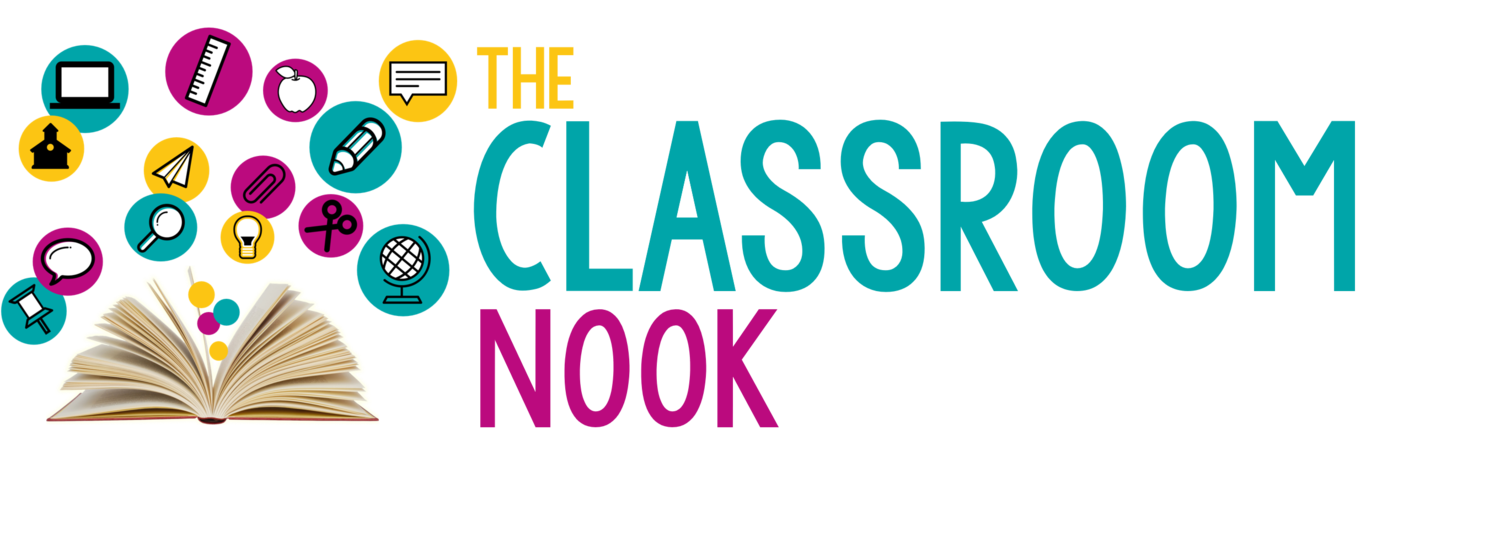Ep 91 // The TRUTH About Learning Styles (And What This Means for Teachers and Students!)
Inside This Week’s Episode: Are student learning styles a myth? Do students REALLY learn best in one specific way? New research suggests that the science behind student learning styles doesn’t hold up in real practice. Let’s unpack what this really means for teachers and students!
Are Student Learning Styles a Myth?
I remember very few things about what I learned in my college education classes.
Most of what I learned about being a successful teacher I learned through my actual experiences in the classroom.
But - there is one things I DO remember. Does multiple intelligences ring a bell, anyone?
How about learning styles?
In college you, too, likely learned all about the different ways your students interact with and process new information - we refer to these as learning styles.
I was taught that we all have our own unique style of learning — a programmed way of how we like to consume new concepts. And, by absorbing new information in the way that fits this learning style, we learn better.
Seems to make sense, right?
Well - recent studies show that this theory just simply doesn’t hold up.
Bummer.
Or is it?
In this week’s episode, I unpack these new findings and explore what it actually means for students and teachers.
Myth or Fact…Let’s Find out!
Here’s a Snapshot:
Learning styles and the idea that we all have a specific way of how we learn best has long been a popular theory when it comes to how teachers present information to their students. These learning styles include: visual, auditory, kinesthetic, social, verbal, solitary, and logical.
New research indicates that the idea that we each have a learning style doesn’t actually hold true. In fact, these new findings show that honing in on only one learning style doesn’t make students better learners, and instead, could potentially hold them back and limit their growth.
The question is: do we abandon the entire notion of learning styles due to this new research? In the episode I’m sure exactly how I feel about it and how this new information should change the way we teach.
Rather than having students focus on identifying their learning styles, a better approach might be to have students THINK about how their learn in different scenarios, without any limiting factors, like learning styles.
We can’t fully understand something, if we’ve only viewed it from the lens of our proposed learning style.
REVIEW & SUBSCRIBE TO THE CLASSROOM COMMUTE PODCAST
Don’t miss a single episode. Subscribe to the podcast and you’ll get notified each week when a new episode gets dropped! And - if you love what you hear, I’d be so honored if you took a quick moment to rate and review the podcast so that other awesome teachers can find the podcast!

